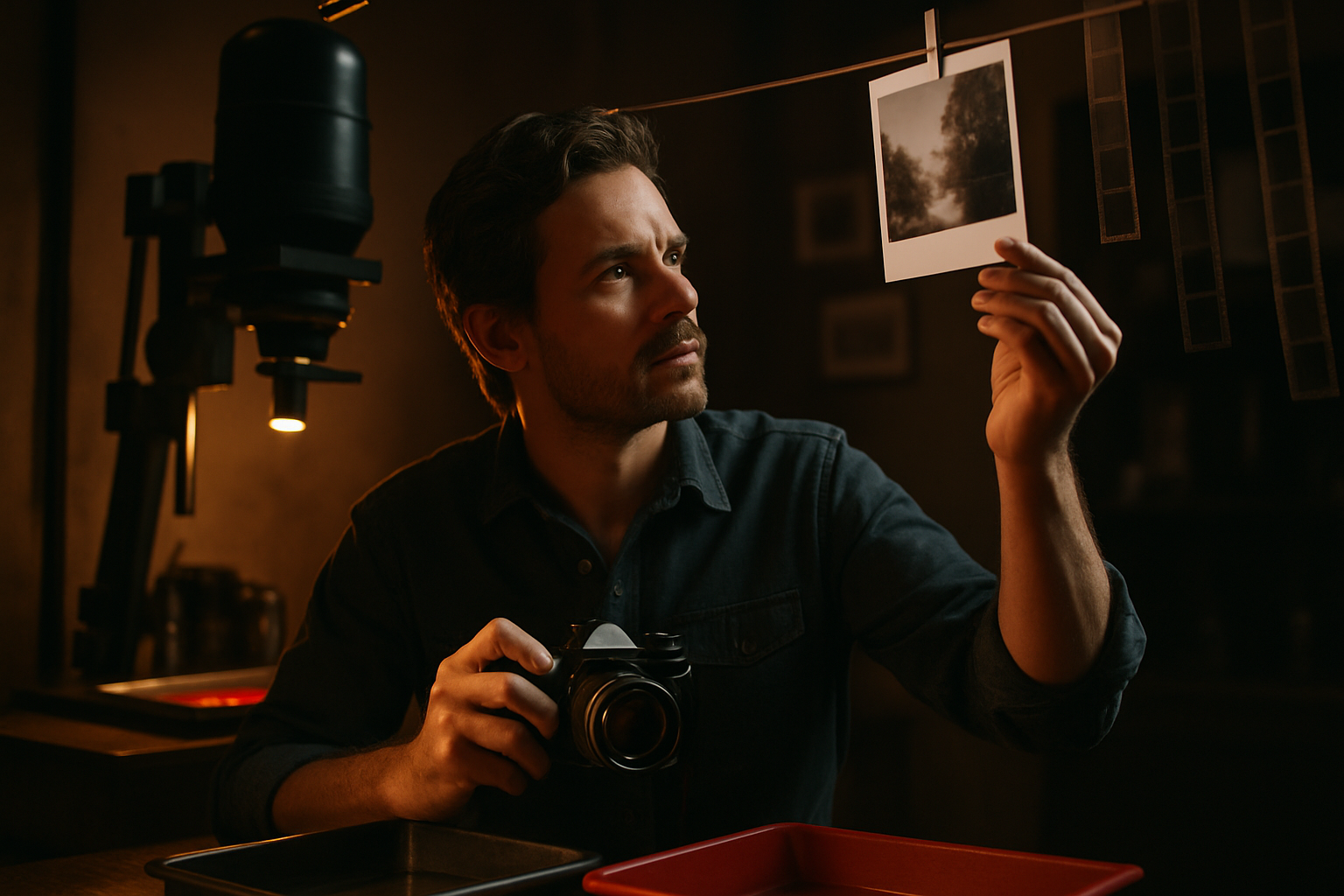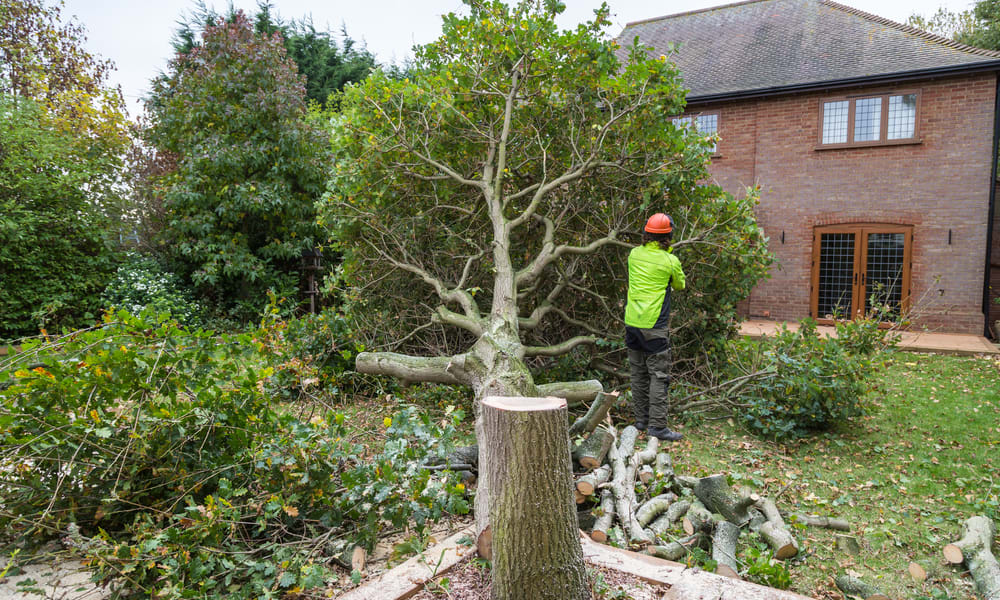Beginner and Advanced Photography Courses: What to Expect
Beginner and advanced photography courses can help you learn how to capture professional-looking photos. Whether you are interested in portraits, landscapes, or digital editing, find out what to expect in structured online or in-person classes. Read this to learn more about photography courses before you start.

What are the different types of photography courses available?
Photography courses come in various formats to suit different learning styles and schedules. Online photography courses have gained popularity due to their flexibility and accessibility. These can range from self-paced video tutorials to interactive live sessions with instructors. In-person courses, on the other hand, offer hands-on experience and immediate feedback. These may include weekend workshops, evening classes, or intensive multi-week programs.
Specialized courses focus on specific genres such as landscape, portrait, or wildlife photography. For those interested in post-processing, there are courses dedicated to digital editing software like Adobe Lightroom and Photoshop. Some institutions also offer comprehensive degree programs in photography for those seeking a more formal education.
How do online photography courses differ from in-person training?
Online photography courses offer the convenience of learning from anywhere, at any time. They often include video lectures, downloadable resources, and online forums for student interaction. While they provide flexibility, online courses may lack the immediate feedback and hands-on experience that in-person training offers.
In-person photography courses provide direct interaction with instructors and peers. They often include practical shooting sessions, allowing students to apply concepts in real-time with guidance. This format is particularly beneficial for beginners who may need more hands-on assistance with camera settings and composition techniques.
Both formats have their merits, and many photographers find value in combining online and in-person learning to get a comprehensive education.
What topics are typically covered in beginner photography courses?
Beginner photography courses usually start with the fundamentals of camera operation. Students learn about exposure, including aperture, shutter speed, and ISO settings. The course typically covers composition techniques such as the rule of thirds, leading lines, and framing.
Basic lighting principles are also introduced, teaching students how to work with natural light and simple artificial lighting setups. Color theory and white balance are often covered to help beginners understand how to capture accurate colors in their images.
Many beginner courses also touch on different photography genres, giving students a taste of various styles like portraiture, landscape, and still life photography. This broad introduction helps new photographers discover their areas of interest.
What can you expect from advanced photography courses?
Advanced photography courses delve deeper into technical and creative aspects of image-making. These courses often focus on mastering complex lighting scenarios, including studio lighting and off-camera flash techniques. Advanced composition and visual storytelling are emphasized to help photographers develop their unique style.
Students in advanced courses may explore specialized techniques such as long exposure photography, HDR imaging, or macro photography. Post-processing skills are usually a significant component, with in-depth instruction on advanced editing techniques and color management.
Many advanced courses also cover the business aspects of photography, including marketing, client relations, and building a professional portfolio. This holistic approach prepares photographers for a potential career in the field.
How do photography workshops differ from traditional courses?
Photography workshops are typically intensive, short-term learning experiences that focus on practical application. Unlike traditional courses that may span several weeks or months, workshops often last a few days to a week. They are designed to immerse participants in a specific photographic genre or technique.
Workshops frequently take place in inspiring locations, allowing photographers to capture unique subjects while learning. For example, a landscape photography workshop might be held in a national park, while a street photography workshop could take place in a bustling city.
These immersive experiences often include group critiques, one-on-one mentoring, and collaborative shooting sessions. The condensed format of workshops can be particularly beneficial for photographers looking to quickly improve their skills in a specific area.
What are the costs associated with photography courses?
Photography courses vary widely in price, depending on the format, duration, and level of instruction. Here’s a general overview of what you might expect to pay for different types of photography training:
| Course Type | Provider | Cost Estimation |
|---|---|---|
| Online Self-Paced Course | Udemy | $20 - $200 |
| Live Online Workshop | CreativeLive | $100 - $500 |
| Local Community College Course | Various | $200 - $800 per semester |
| Weekend In-Person Workshop | National Geographic | $300 - $1,500 |
| Multi-Week Intensive Program | New York Film Academy | $3,000 - $10,000 |
| University Degree Program | Rochester Institute of Technology | $30,000 - $200,000 (full program) |
Prices, rates, or cost estimates mentioned in this article are based on the latest available information but may change over time. Independent research is advised before making financial decisions.
When considering the cost of photography courses, it’s important to factor in additional expenses such as camera equipment, software subscriptions, and travel costs for workshops. Many photographers find that a combination of free online resources, affordable online courses, and occasional in-person workshops provides a cost-effective way to develop their skills over time.
In conclusion, photography courses offer structured pathways to improve your skills, whether you’re a beginner looking to understand your camera or an experienced shooter aiming to refine your craft. With options ranging from online tutorials to immersive workshops, there’s a learning format to suit every photographer’s needs and goals. By investing in your education, you can accelerate your growth as a photographer and capture images that truly resonate with your creative vision.




